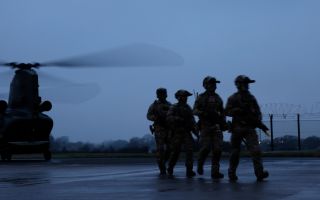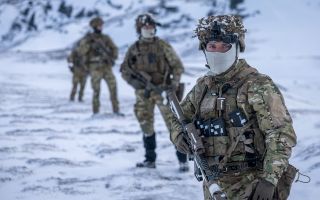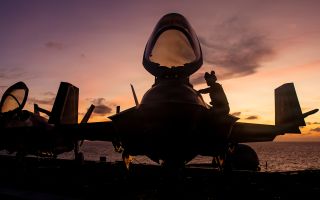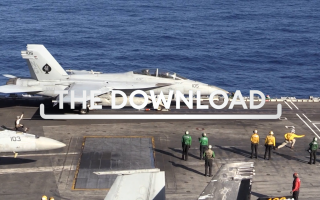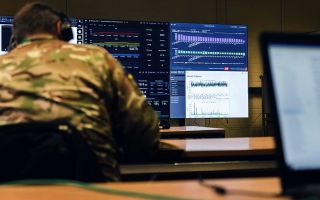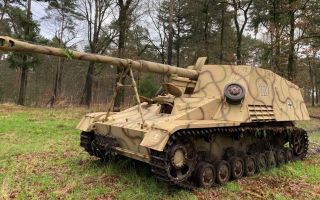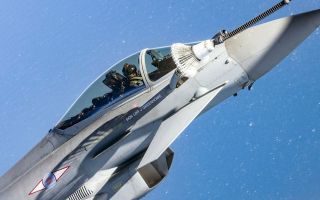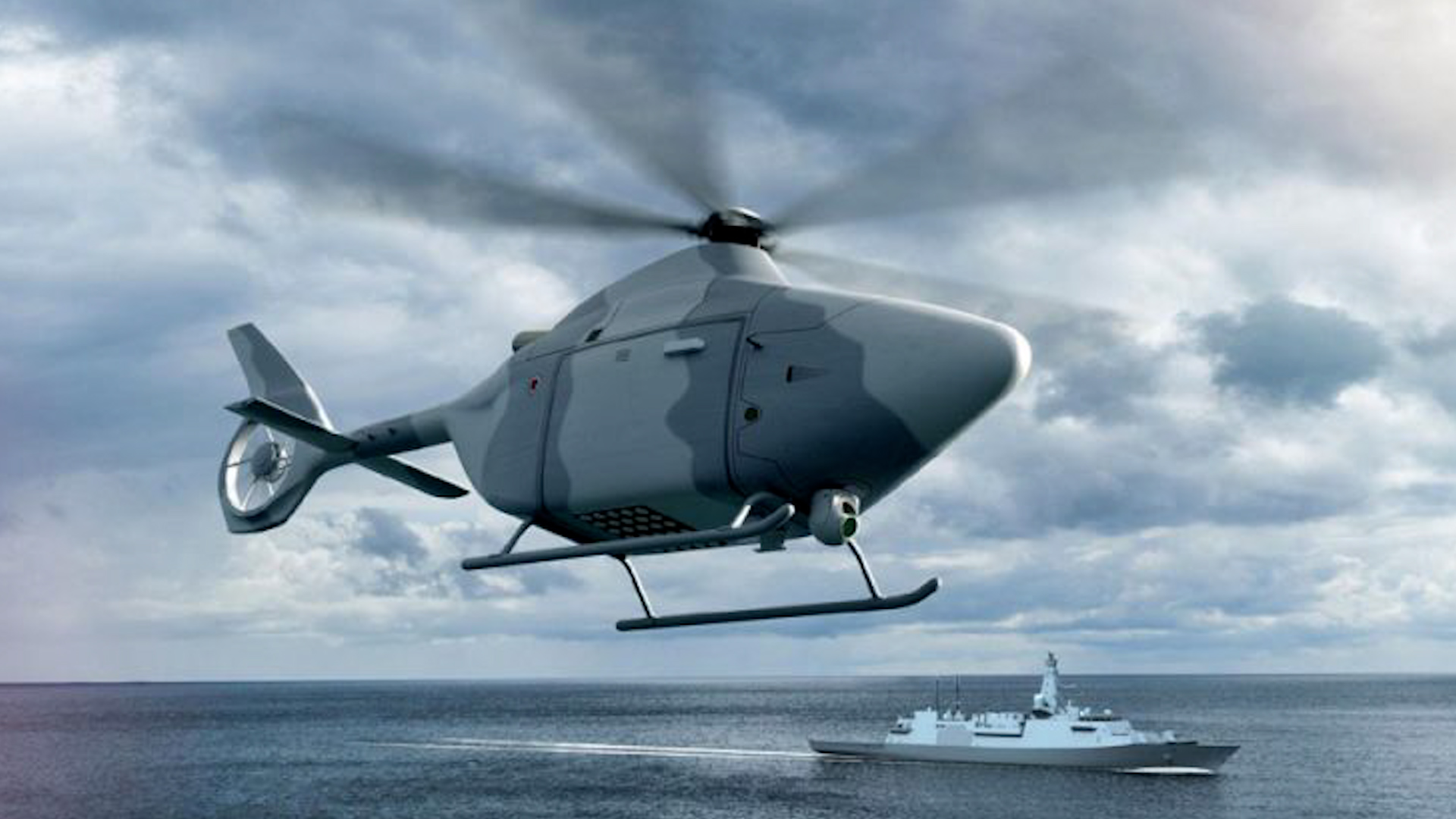
Navy unveils Proteus uncrewed rotorcraft set to transform aviation capabilities at sea

The Royal Navy, in collaboration with the MOD and a leading UK aerospace company, has revealed the design of the Proteus technology demonstrator aircraft.
The new uncrewed rotorcraft, weighing three tonnes, is seen as a step forward in terms of maritime aviation through advancements in autonomy, modular payload capabilities, and innovative rotorcraft technologies.
The £60m Proteus project, created by Leonardo, is a key element of the Royal Navy's Maritime Aviation Transformation (MATx) strategy, which aims to modernise aviation capabilities at sea and support critical missions such as anti-submarine warfare.
Scheduled for its first flight in mid-2025, the aircraft will serve as a test platform for autonomous systems, cutting-edge design, and manufacturing techniques.
The new design includes a modular payload bay, allowing it to adapt to a wide range of missions, and enable commanders to switch between payloads, trading fuel capacity for mission-specific equipment when needed.
This design approach will provide operational flexibility while reducing the need for multiple aircraft types.
The development of Proteus aligns with the Royal Navy's push to enhance operational capabilities with large autonomous vertical take-off and landing (VTOL) aircraft.
It will test and refine advanced flight control systems and algorithms essential for future uncrewed operations in maritime environments.
A virtual replica of the aircraft is also being designed to test and develop further capabilities, including artificial intelligence (AI) and machine learning (ML) in a simulated environment.
The Proteus technology demonstrator marks a significant step forward in the Royal Navy's efforts to advance its aviation capabilities.

